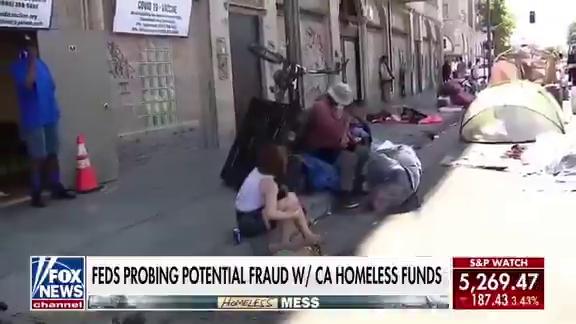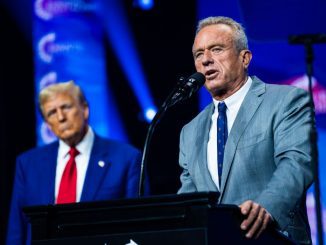
LOS ANGELES — A federal investigation into California’s handling of $24 billion in homeless funding over the past five years has escalated, with the FBI and IRS now assisting in what could be one of the largest financial probes in the state’s history. U.S. Attorney Bill Essayli, newly appointed to the Central District of California, announced the formation of a Homelessness Fraud and Corruption Task Force on April 10, 2025, vowing to uncover any misuse of funds meant to address the state’s worsening homelessness crisis.
“We will get to the bottom of it,” Essayli declared at a press conference in Los Angeles. “If we find that any federal laws are violated, we will arrest and prosecute those individuals involved.” The task force, comprising federal prosecutors, FBI agents, IRS investigators, and HUD’s Office of Inspector General, is scrutinizing both public and private funds allocated for homelessness programs, with a particular focus on Southern California.
The investigation follows a court-ordered audit in Los Angeles County that revealed $2.3 billion in homeless funding remains unaccounted for. Statewide, California has spent heavily to combat homelessness, yet the crisis has deepened, with Los Angeles alone reporting over 75,000 homeless individuals. Public frustration is palpable, fueled by questions about where the money has gone.
Essayli, a former Republican assemblyman known for his tough-on-crime stance, emphasized accountability. “Taxpayers deserve answers,” he said, signaling that state and local officials could face scrutiny if oversight failures are uncovered. The FBI’s Akil Davis echoed this, noting that exploiting the homelessness crisis through fraud “will not be tolerated.”
However, the probe has sparked debate. Los Angeles Mayor Karen Bass cautioned against it becoming a “fishing expedition” that unfairly targets frontline workers. “We need solutions, not distractions,” Bass said, defending the city’s efforts to expand housing and services. Critics argue the investigation could politicize a humanitarian issue, while supporters see it as a long-overdue reckoning.
The task force’s work is just beginning, and untangling the web of federal, state, and local funding streams will be no small feat. With billions at stake and California’s homelessness crisis showing no signs of abating, the outcome could reshape how funds are allocated and monitored. For now, Essayli’s promise of arrests looms large, but whether the probe delivers justice or merely headlines remains to be seen.
As the investigation unfolds, one thing is clear: Californians are watching closely, desperate for answers and real progress in a crisis that has defied billions in spending.


